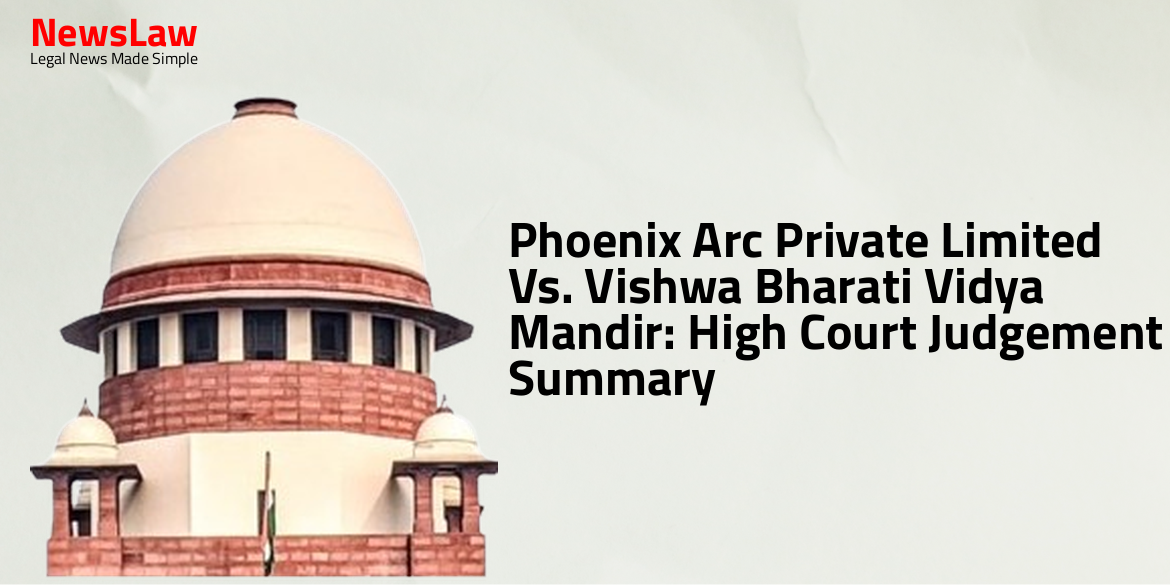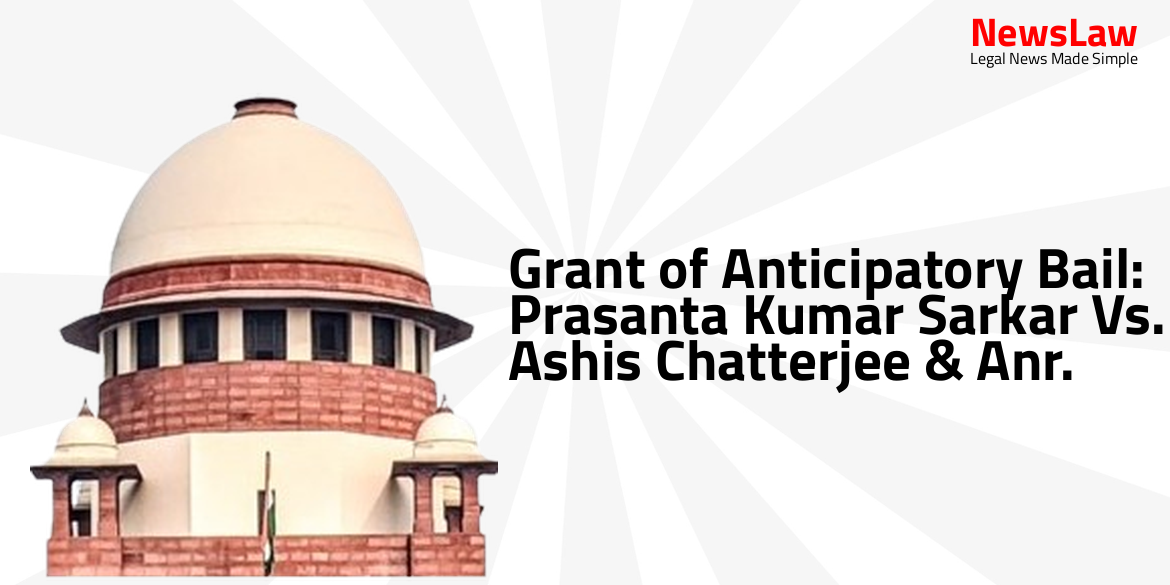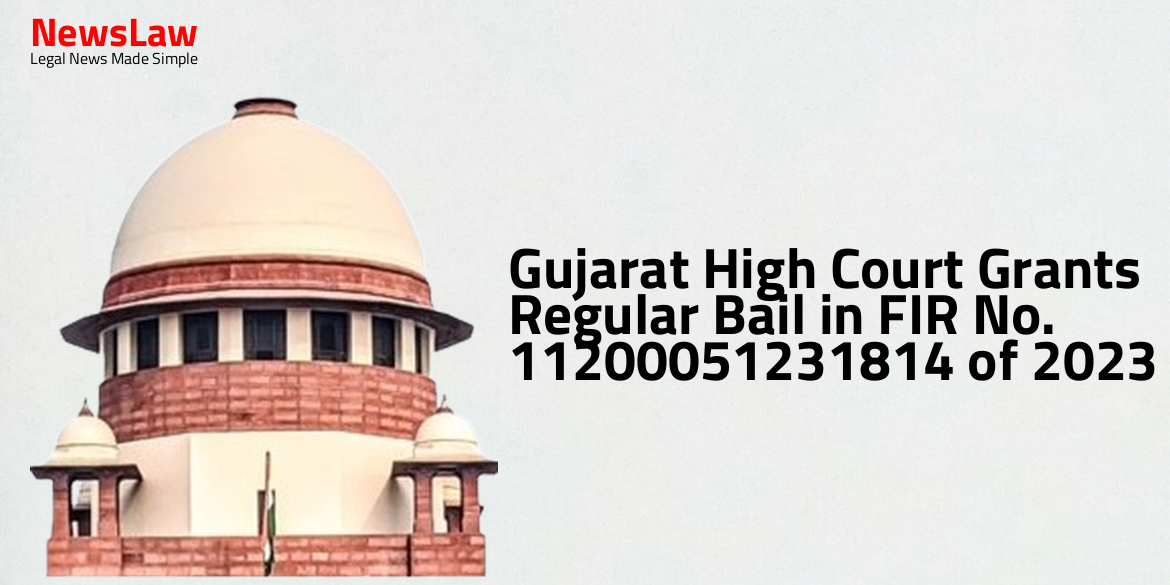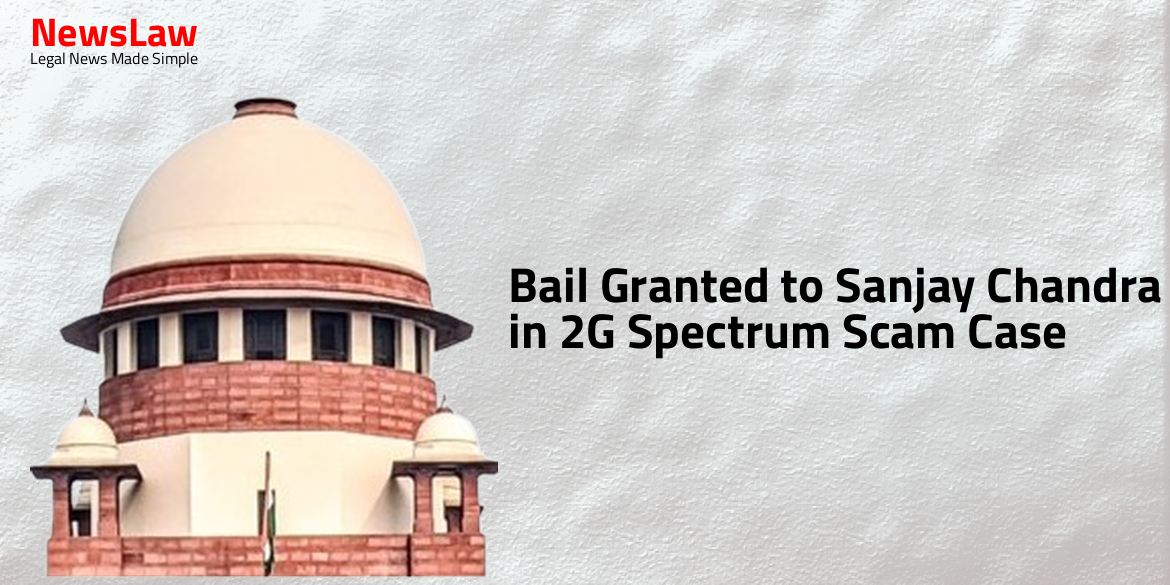Explore the recent High Court judgement in the case of Phoenix Arc Private Limited Vs. Vishwa Bharati Vidya Mandir. The court’s decision sheds light on the application of Article 226 and the SARFAESI Act in cases involving specific reliefs sought by petitioners. This summary captures the key highlights and implications of the ruling for both parties involved.
Facts
- Petitioners have prayed for specific reliefs.
- Advocates representing both sides were heard in court.
- Original borrower, co-borrower, and guarantor did not appear in court despite receiving notice.
- Order was passed in the absence of the concerned respondents.
Arguments
- The petitioners have not borrowed money from the respondents and are considered as third parties in the case.
- The order passed by the respondent authorities is deemed illegal, unjust, and arbitrary according to the learned advocate.
- The petitions were filed with prayers challenging the impugned notice based on the order under Section 14 of the SARFAESI Act.
- Learned advocate for the respondents raised a preliminary objection on the maintainability of the petitions citing a decision by the Hon’ble Apex Court.
- The case falls under an exception carved out by the Hon’ble Apex Court, allowing the petitioners to seek relief under Article 226 & 227 of the Constitution of India.
- The advocate for respondent No.6 supported the petitioners, stating that no notice was received from the competent authority while passing the impugned order under Section 14 of the SARFAESI Act.
- The petitioner is a bonafide purchaser of the property through a sale deed.
Analysis
- In the case of Phoenix Arc Private Limited Vs. Vishwa Bharati Vidya Madir, the Supreme Court observed that when specific machinery is provided under a statute, the High Court cannot exercise extraordinary jurisdiction under Article 226 & 227 of the Constitution of India.
- The judgment in PHR Invent Educational Society Vs. UCO Bank and Others highlighted that when an alternative efficacious remedy is available under Section 17 of the SARFAESI Act, the Debt Recovery Tribunal can delve into the merits of the matter raised.
- The Hon’ble Apex Court in the case of Kanaiyalal Lalchand Sachdev & Others Vs. State of Maharashtra deprecated the practice of High Courts entertaining petitions solely on the ground of non-service of notice.
- The submission regarding the petitioners being bonafide purchasers instead of borrowers was also addressed in the case of M/S. South Indian Bank Ltd. & Ors. Vs. Naveen Mathew Philip & Anr., where the Apex Court considered such circumstances.
Decision
- After passing the order awarding cost of Rs.25,000/-, learned advocate Mr. Surati requested that the petitioners belong to a very poor strata of society and therefore, the cost may not be awarded.
- The court discharged the notice.
- Considering all these aspects, the court found the present petitions devoid of any merits and thus deserving of dismissal.
- All the petitions were dismissed with a cost of Rs.25,000/- each.
- Direct service is permitted.
- The court did not pass any order as to costs considering the request made by learned advocate Mr. Surati.
Case Title: JAGDISHKUMAR JAYANTILAL PARMAR Vs. AAVAS FINANCIERS LIMITED
Case Number: R/SCA/320/2024



